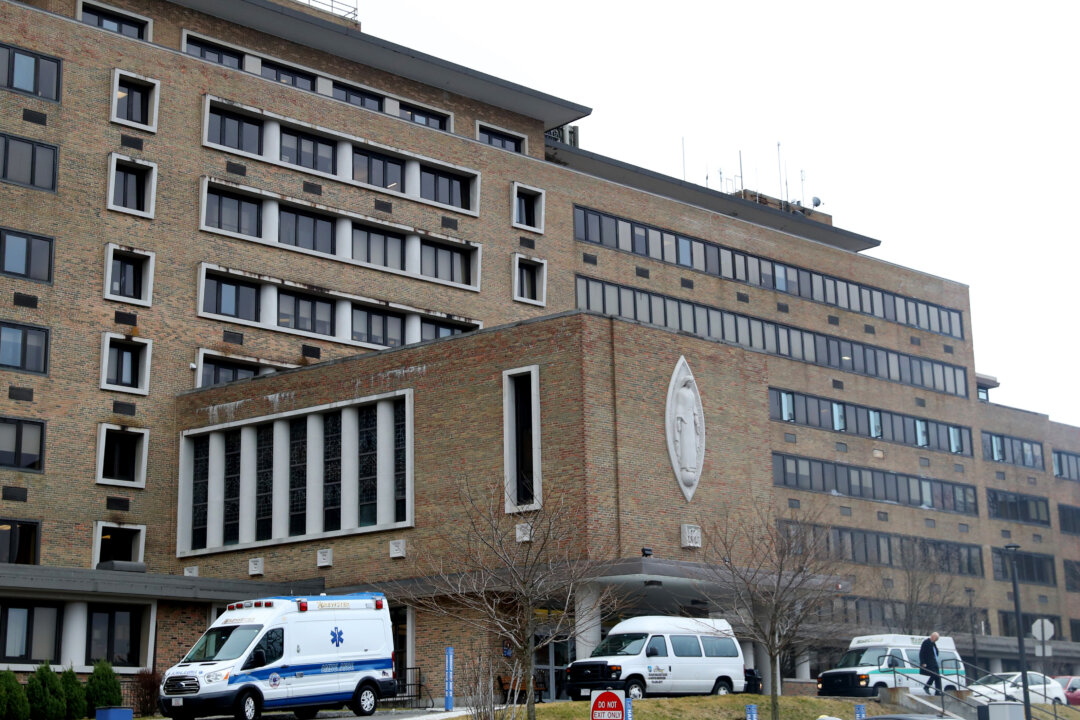WASHINGTON—Senators voted on July 25 to authorize an investigation into Steward Medical Group and subpoena testimony from its CEO, following its bankruptcy filing and the CEO’s declining of two invitations to appear before Congress. This is the first time that the Senate Health, Education, Labor & Pensions Committee has issued a subpoena compelling testimony since 1981.
They allege that Steward’s leadership engaged in a Ponzi scheme by purchasing hospitals across the country, saddling them with more than $9 billion in debt, selling their land, and reaping massive profits while cutting patient care and allowing the hospitals to go broke.
Sen. Rand Paul (R-Ky.) was the only member to vote against the investigation.
The other lawmakers placed the blame squarely on Steward’s CEO, Dr. Ralph de la Torre.
“It is time for Dr. de la Torre to get off of his yacht, and to explain to Congress the financial chicanery which made him extremely wealthy, while the hospitals he managed went bankrupt,” Sen. Bernie Sanders (I-Vt.) said.
De la Torre had been invited by Sen. Ed Markey (D-Mass.) to testify at an April 3 hearing on corporate greed in health care but declined to appear.
“Investors looted the hospital and got rich,” Sen. Elizabeth Warren (D-Mass.) said at that hearing.
The CEO was invited again to testify on June 25 but again did not appear.
Sanders said that while Steward hospitals were being crushed with debt and undersupply, De la Torre allegedly engaged in lavish spending, purchasing a $40 million yacht, a $15 million fishing boat, and a private jet; Steward also paid for a “backup” private jet, Sanders said.
In 2010, private equity company Cerberus Capital Management formed Steward Medical Group, which would become the largest physician-owned health care system in the country.
It acquired a group of failing hospitals owned by the Catholic Archdiocese of Boston, turning them into for-profit outfits.
Cerberus made $800 million in profits from its investments, Sanders said.
The venture was successful at first, and in 2015, Steward moved to expand its holdings across the nation, acquiring 33 hospitals in nine states.
But the rapid expansion proved unsustainable, and Steward began neglecting to reinvest in the hospitals it already owned, often choosing to shut them down. This led to health care gaps in poor communities, and the loss of hundreds of jobs.
In 2016, Cerberus sold its hospitals’ land for more than $1 billion. The land was then leased back to the hospitals at high rates—more than $1 million a year in some cases.
In 2022, amid questions about De la Torre’s management, Cerberus divested itself of Steward; De la Torre secured a loan to buy them out, allegedly paying himself a $100 million dividend in the process.
Meanwhile, Steward’s hospitals began missing mortgage payments. It also fell behind on payments for some of its medical equipment, which was repossessed by vendors, leaving doctors without the proper tools to address patients’ needs.
Sen. Bill Cassidy (R-La.) recounted the story of Sungida Rashid, who died shortly after giving birth from complications “when doctors realized mid-surgery that the supplies needed to treat her had been repossessed due to Steward’s financial troubles.” Steward filed for bankruptcy in May.
At that time, Steward and De la Torre released a statement saying: “Steward Health Care has done everything in its power to operate successfully in a highly challenging health care environment. Filing for Chapter 11 restructuring is in the best interests of our patients, physicians, employees, and communities at this time.”
The statement also attributed some of the company’s financial problems to “insufficient reimbursement by government payors as a result of decreasing reimbursement rates” and increasing labor costs.
The hearing is set for Sept. 12.

